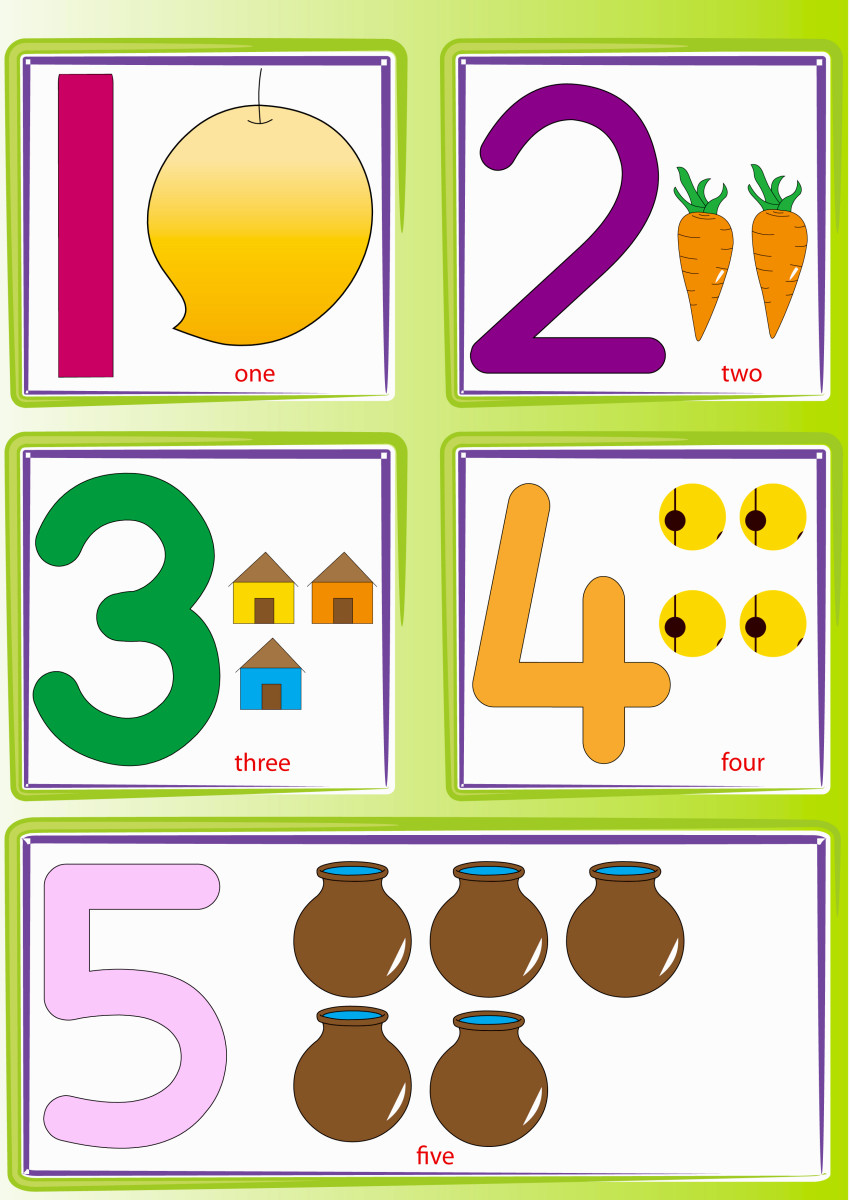Our Children: Social Media and Texting

Does it make our children less intelligent?
aDayinmyLife1 asked this question:
Is social media and texting making our children less intelligent?
I was correcting my nieces' writing response and was appalled to see the letter u in place of you, and common texting abbreviations like lol incorporated into a formal paper. Has anyone else noticed this? It's terrible.
This is a very valid concern. I was interested to see other responses to this question. Social media and communications technology is obviously a pervasive force in our lives. It's a mixed bag of being a good thing and a bad thing.
The thing that really caught my eye is the use of "appalled" and "terrible". This knee-jerk reaction to the young child's writing could color the interaction to follow, which I imagine to be a discussion on her paperwork. I think talking with our children can give us clear insight into where their intelligence and connection to their world really lies at. From there, we can work our way towards a true solution.
The biggest concern seems to be how exactly technology affects our children. The reactions vary from absolute horror and fear to dismissal of these issues. On one hand, we say, "Our language is deteriorating!" On the other hand, we say, "It's keeping our children entertained." In between, some of us cry for simple moderation.
Here are some key questions I've gathered from the question and the responses to that question.
- Does the way children communicate demonstrate their intelligence?
- Does the overload of information cause them to be lazy, numb, and/or un-motivated?
- Is text-speak a long-term language development or is it simply a trend?
- What long-term effect does this really have on our children?
Starting at the source.
At the time of this writing, I just sent my partner my third text of the morning. Early on in the day, we often exchange pleasantries, how our morning is going, and I love yous. It's interesting how we do it without a second thought. My point is, texting is so much easier to do than phone calls.
It's the most preferred method of communication. Personally, I rarely use shorthands like b, r, u, y, wot, plz, ttfn, k, etc. However, while texting on my incredibly little phone, I can see the appeal of quickly typing these shorthands out. In today's fast-paced world, we feel the constant urgency to speed things up and get to the very next thing as quick as we can.
It becomes a habit. It becomes a way of life that our children reflects. In the process of running so fast with our language and immersing ourselves in technology, we are in over-stimulation mode. In our very young children, this can have negative consequences. Don't get me wrong, technology is also incredible in a positive way. The thing is, we have to get past over-stimulation and learn to filter ourselves.
I believe it starts with us to help our children navigate this world.

The Ultimate Concern: Intelligence and Connection
This topic can easily branch out over a myriad of sub-issues. I have been sitting back and trying to narrow my focus on these ultimate concerns. The thing is, my latest readings of the topic re: children and technology often focuses on whether technology puts our children out of touch with their immediate world. Essentially, are they disconnected while virtually connecting?
This is important. I think there is a direct correlation between connection and intelligence. Starting very young, our children are tactile and verbal creatures. Their brains are constantly developing. Meanwhile, they have yet to grasp the third-dimensional world. Putting them on phone and ipad apps does not actually do anything for them, but rather, it hinders that natural development.
In the older years, between ages 12-18, texting is the most prevalent. This is where parental connection is still vital. As adults, we find ourselves sucked into virtual social interaction and games. We are doing more sitting and less moving. Not many of us have learned the art of filtering and the will to remove ourselves when we're over-stimulated. This is what we're modeling to our children.
Will our children be okay? Yes. Our children adapt. They're resilient. Their intelligence isn't determined by technology, but rather, by what they do with it. They're remarkable in knowing how to navigate and quickly locate the information they need. But they also can be shut down from sincere connection and emotional well-being. That is what feeds their over-all intelligence.
Finding Our Balance
This is what it boils down to. Parents, along with the world around them, have this sense of urgency. Why make the effort when we feel the need to hurry along to the very next thing? In schools, teachers are compelled to urge their students on to the next academic level before they're ready. In homes, parents and children both are tired from the rush of the day.
Slow down. Cut out an activity if you have to. Try to reduce your workload if possible. Find priorities and re-evaluate yourself on a daily basis.
Look at your child. I mean, really look at them. Let them see you looking at them, noticing them. Let them hear you make commentaries on their activity and their efforts.
Re-connect every so often. Physical contact, face-to-face conversation, visits to the park and families' homes, reading a book together, set aside quiet time, and sit at the kitchen table.
Realize that technology can be good, too. We use it to skype with our far-away families. We get in touch with each other in ways we couldn't before. We find valuable information.
Talk about it with them. When is text-speak useful? What do they need help in? Are their emotions validated? How important is it to you that they learn to filter, be able to interact in the world, to learn effectively? How important is it to them?
Children & Technology
- What Should I Ask My Kids About their Cell Phone Use?
If you’re like me – and most parents—you worry sometimes about the effect of technology on your child. Are computer games shortening his attention span? Is she addicted to Facebook? Is all that texting getting in the way of her homework? - Cell phone struggle with 14 year old
Dear Dr. Laura, My daughter just turned 14 today. Last October I got a family cell phone plan. The phone's original intent was for emergencies only. Then I got talked into text messaging plan and call display so her part of the bill is $50 a month. - How to Miss a Childhood | Hands Free Mama
By sharing my own painful truths when it comes to the distractions of the modern age, I have gained an unexpected insight. In the 18 months this blog has existed, I have been privy to a new distraction confession every single day. - When Technology Brings Us Together
Technology. It’s a double edged sword. There are ways we can use it that can distract us and create distance, and there are ways we can use it that can bring us closer together, enrich our lives, and support us





